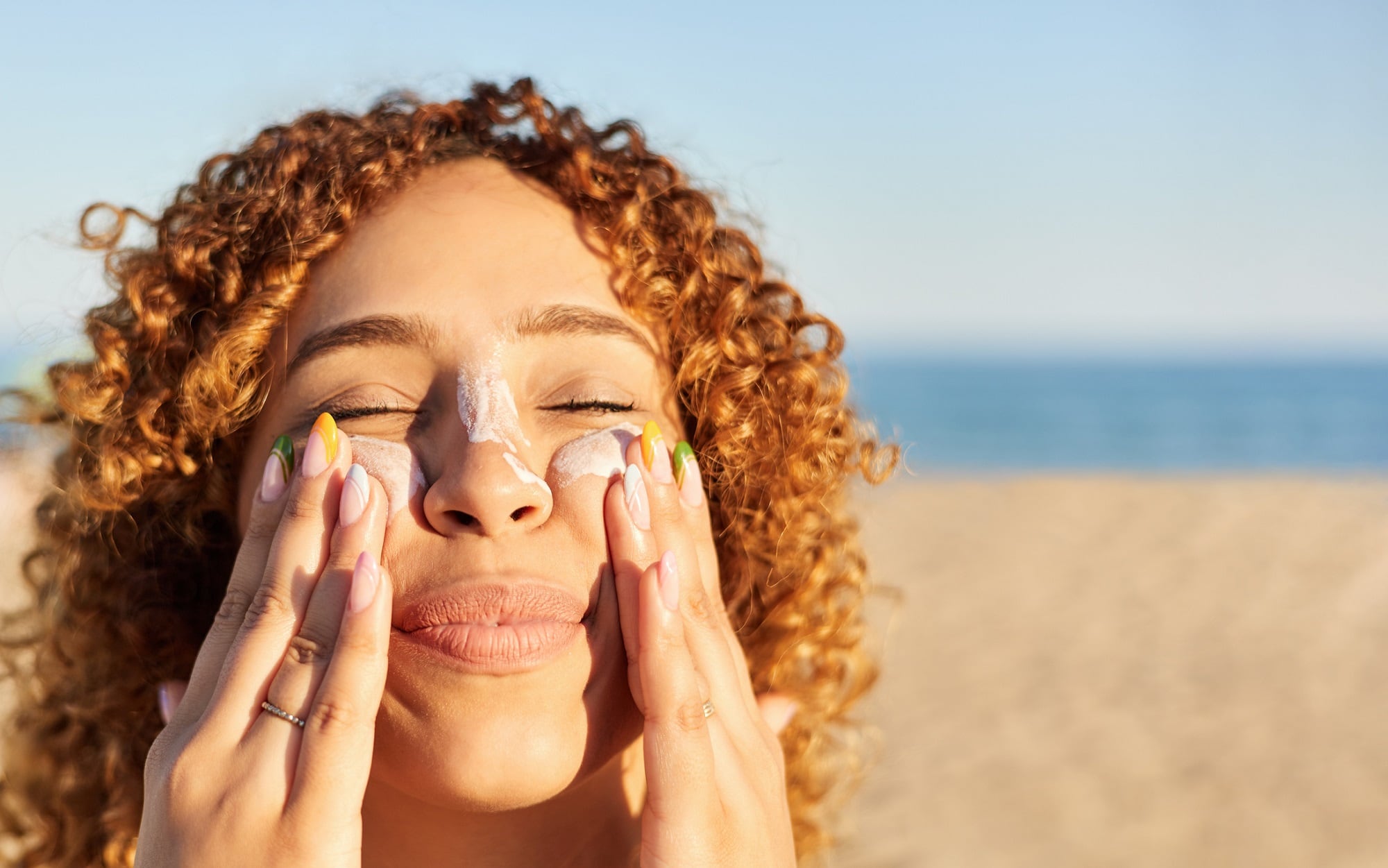A recent survey reveals that Americans only begin to take sun-related skincare seriously at age 26, often too late to prevent lasting skin damage. Conducted by Talker Research and commissioned by the Melanoma Research Alliance, the survey polled 2,000 U.S. adults, highlighting the troubling gap between awareness and action when it comes to sun protection.
This study is highly relevant to manufacturers and suppliers in the cosmetics and personal care industry, as it provides insight into consumer behavior and highlights a significant market opportunity. With 79% of respondents having experienced sunburn and only one-fifth reporting daily sunscreen use, there is clearly a need for more accessible, convenient, and appealing sun protection products.
By addressing the gap between consumer awareness and sunscreen use, industry stakeholders can better tailor their product offerings to meet this growing demand.
Key survey takeaways
"While we were rather pleased to see that 72% of Americans feel knowledgeable about sun protection and 81% feel informed about the risks of melanoma skin cancer, that does not seem to translate into the incorporation of routine, daily sunscreen use," said Dr. Marc Hurlbert, CEO of Melanoma Research Alliance. "In fact, only a fifth admit to using facial sunscreen (20%) or body sunscreen (21%) daily, which may not be enough to be fully effective throughout the day unless reapplied."
For cosmetics brands, this data signals an opportunity to innovate by developing new formulations that are easier to reapply, longer-lasting, or integrated into everyday products like moisturizers, foundations, and sprays. Offering multifunctional products that combine sun protection with other skincare benefits—such as anti-aging or hydration—could encourage more consistent daily use. The industry can also consider packaging that emphasizes the convenience of reapplication throughout the day.
Generational differences in sunscreen use
The generational differences uncovered in the study also provide strategic direction for marketing and product development. Gen Z respondents appear to be more diligent, with over a third reporting daily sunscreen use (34% body, 35% facial), while only about a fifth of Gen Xers (23% body, 18% facial) do the same. Targeting younger consumers, particularly through eco-friendly, socially-conscious products or partnerships with influencers on platforms like TikTok and YouTube, could further boost sales and brand loyalty in this segment.
"This gap in knowledge vs. actual applied habits was even more exaggerated when it comes to wearing sunscreen in situations other than direct sunlight, like overcast days (23%), or when on an airplane and in a nail salon (3%)," Dr. Hurlbert added. This insight points to a potential for broadening the product category beyond traditional summer and outdoor-use marketing. Messaging could focus on the importance of year-round protection, indoors and outdoors, in any weather, reinforcing the need for all-encompassing sun care routines.
Sunscreen use also varies across different weather conditions, with 28% of respondents stating they forgo sunscreen based on the time of year, and 23% avoiding it during overcast or rainy weather, the survey reported. Only 12% consider the daily UV index in their decision-making, indicating that educational campaigns could encourage better use by emphasizing the importance of UV protection regardless of visible sunlight.
Social media impact on sunscreen habits
The study further reveals that social media platforms like TikTok and YouTube are playing an increasing role in how consumers, especially younger generations, access information about sun care. "There are a lot of people that trust TikTok and other social media platforms, and some of that is misleading," Dr. Hurlbert explained.
This shift underscores the growing importance of digital marketing for brands, particularly when reaching younger, tech-savvy audiences. Companies that leverage social media to provide educational content can help correct misinformation and build trust with consumers.
As sunscreen and skin protection become more integrated into everyday routines, manufacturers and suppliers in the personal care industry stand to benefit from this shift by offering products that cater to growing consumer demands for convenience, efficacy, and environmental responsibility. Ultimately, this study highlights a significant opportunity for the cosmetics and personal care industry to better serve consumers by creating innovative, convenient, and trustworthy sun protection products that align with their everyday skincare routines.





